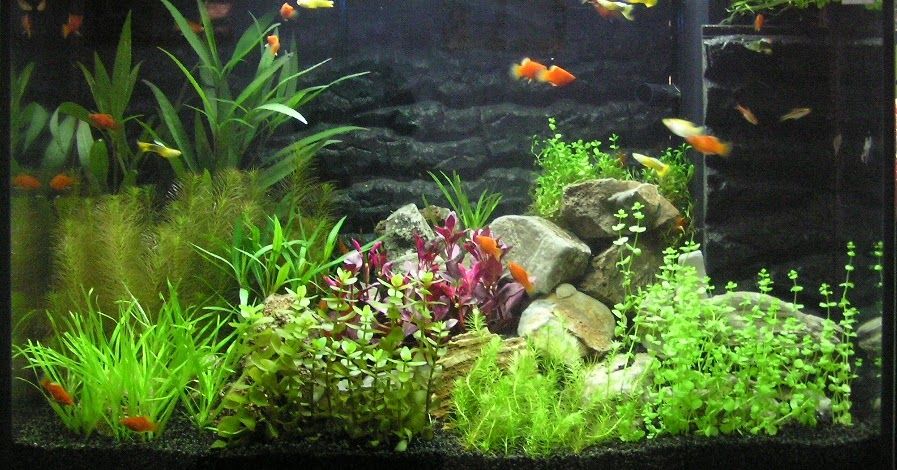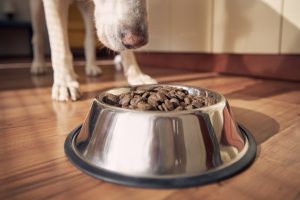
fish tank
Are you worried about the smell in your aquarium, but you don’t know the cause? Let us tell you the possible causes and how to fix the problem before your fish dies!
An aquarium is an excellent decorative element and a great way to learn about marine life. Not only do they look great in your home or office with their natural color palette, but they also teach you about how natural ecosystems work and what variables need to be in balance. However, if your aquarium smells terrible, it will ruin the whole experience.
First-time aquarium owners often face great difficulties in maintaining their aquariums. Bubbles on the surface of the water, cloudy water, foul odor, dead fish, water value too low, and so on. Here are some of the reasons why your aquarium may smell bad and how you can eliminate them.
Please note that depending on the bottom bed you are using and the number of fish in your tank, you may often notice a fishy or muddy smell. An aquarium is a mass of water that constantly evaporates and increases the relative humidity of the surrounding environment; it is expected (although it may seem unnecessary) to have a “wet” smell.
In some cases, however, the smell can be rotten or unpleasant to the point of being unusual.
Dead Fish in the Aquarium
When a fish dies, the gas is released from its swim bladder (the organ that exchanges gas for movement in the water column), and they are driven to the bottom of the tank. However, as the body decomposes, the bacteria synthesize a large amount of gas and the dead animal surfaces.
As the animal decomposes and gets closer to the tank’s surface, a foul odor begins to waft through the tank. This stench is similar to the smell of rotten eggs.
Therefore, please look around the tank for dead specimens and remove them as soon as possible. Also, please perform a 20% water change, as this incident may have slightly upset the balance of chemicals in the environment.
Plant Decay
It is tough to build an aquarium with water plants in it. Water plants provide color and stimulation to the fish in the tank, but they can rot and cause foul odors if they are not cared for. The presence of these organic materials also promotes the development of certain types of algae.
To avoid this, make sure that the bottom bed of your aquarium is suitable for the type of plants you will be adding, and circulate it a month or two before you add fish. There are also products (liquid compost) available that will feed aquarium plants without harming the fish.

Overpopulation
Fish defecate at least every 48 hours, but this varies significantly by species. If the aquarium has an unpleasant odor and is overcrowded, the problem will take care of itself. Excrement will accumulate on the bottom floor, causing bacteria to overgrow and produce a putrid smell. In such cases, the water often becomes cloudy.
To avoid overcrowding, always know the amount of water each species needs. For example, if you have guppies in your aquarium, each fish will require 5 liters of water, whereas golden carp and goldfish will require 40 liters of water per fish.
Lack of Cleanliness
Even when all the conditions in the aquarium are right, it may still smell bad. In this case, you should ask yourself how often you should change the water. It is also essential to know how to maintain the hygiene of your aquarium. The following list will give you some central points in this regard.
- It is recommended that 10-15% of the water should be changed weekly and 30% every two weeks. Remember that the new water should be chlorine-free and pre-treated for the fish.
- The filter should be washed every 15 days, and the sponge should be changed once a month.
- With each water change, siphon off the substrate to remove any organic matter that may have accumulated on the bottom.
- If you have aquarium plants in your tank, it is a good idea to clean the glass with a special tool once a week. This will help prevent excessive algae growth.
Let us know if these few tips have helped in getting rid of the foul smell in your aquarium in the comments below!







